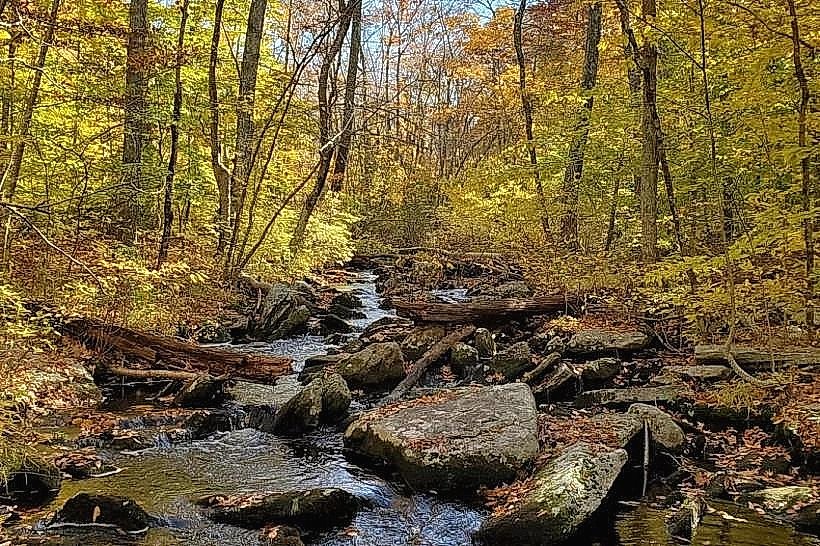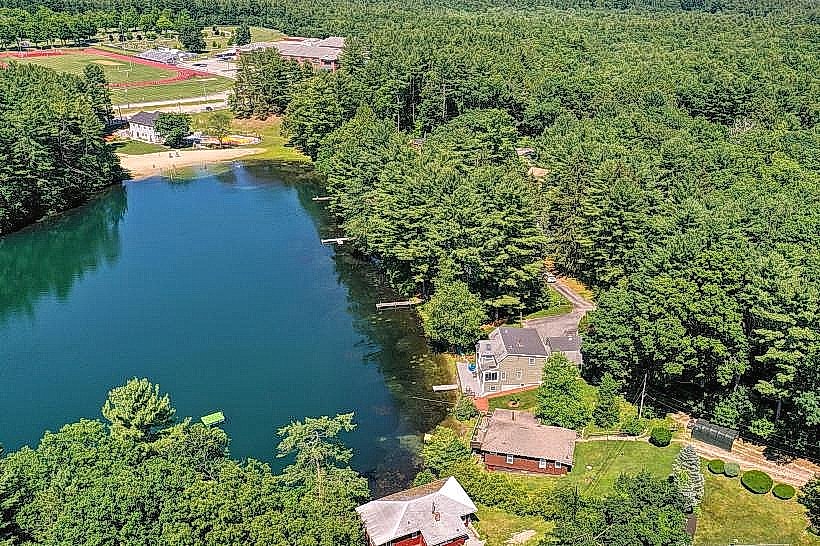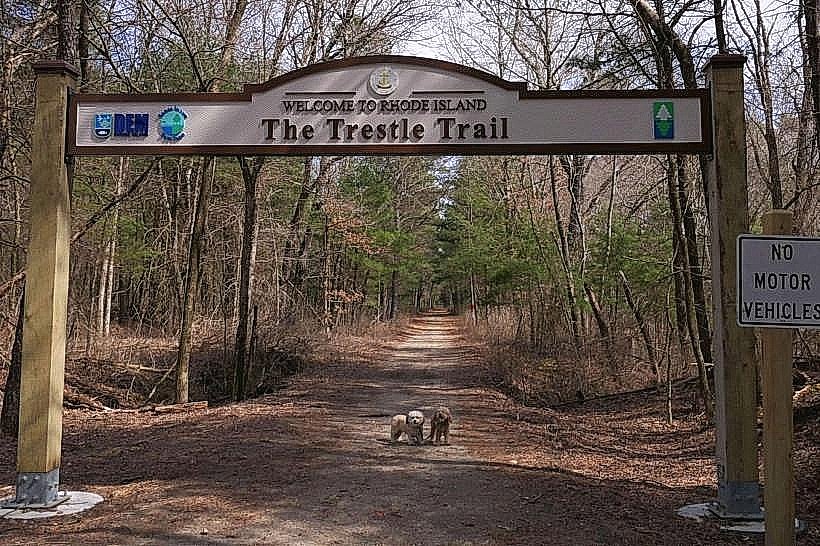Information
Landmark: Paine House MuseumCity: Coventry
Country: USA Rhode Island
Continent: North America
Paine House Museum, Coventry, USA Rhode Island, North America
Bosque del Apache National Wildlife Refuge is a protected area located south of Socorro, New Mexico, approximately 120 kilometers south of Albuquerque.
Visual Characteristics
The refuge encompasses approximately 12,000 acres of riparian habitat, wetlands, and arid uplands. Dominant features include the Rio Grande, irrigation canals, and agricultural fields planted with crops such as sorghum and corn. Vegetation consists of cottonwood trees, willows, salt cedar, and various grasses and shrubs. The landscape is generally flat with some low mesas visible in the distance.
Location & Access Logistics
The refuge is accessible via Interstate 25 South from Albuquerque. Take Exit 152 towards San Antonio, then turn south onto State Road 1 (Old Highway 1). The refuge entrance is approximately 5 kilometers south of San Antonio. Ample parking is available at the visitor center and designated pull-offs along the auto tour route. No public transport directly serves the refuge.
Historical & Ecological Origin
Established in 1939, Bosque del Apache was created to provide habitat for migratory birds, particularly waterfowl. The area's ecological significance stems from its location along the Rio Grande, a vital corridor for wildlife migration in the arid Southwest. The refuge actively manages water levels and vegetation to support a diverse ecosystem.
Key Highlights & Activities
Birdwatching is the primary activity, with opportunities to observe cranes, geese, ducks, and numerous other avian species. The auto tour route, approximately 15 miles long, offers access to various viewing areas. Photography is popular, especially during sunrise and sunset. Hiking is permitted on designated trails, including the Bosque Trail and the River Trail.
Infrastructure & Amenities
A visitor center with restrooms and educational exhibits is available. Shaded picnic areas are located near the visitor center. Cell phone signal is intermittent within the refuge. Food vendors are not present within the refuge; visitors should bring their own provisions.
Best Time to Visit
The peak season for viewing migratory birds, particularly Sandhill Cranes and Snow Geese, is from late October through February. Sunrise and sunset offer optimal lighting conditions for photography. High tide is not a relevant factor for visiting this terrestrial refuge.
Facts & Legends
The refuge is named after the "Bosque," the Spanish word for forest, referring to the cottonwood forests along the Rio Grande. A notable historical oddity is the refuge's role in the recovery of the Mexican Gray Wolf, with reintroduction efforts taking place in the surrounding Gila National Forest, impacting the broader regional ecosystem.
Nearby Landmarks
- Val Verde Historic Site (0.8km North)
- San Antonio (3.5km North)
- Fort Craig National Historic Site (15km South)
- Socorro (20km North)






